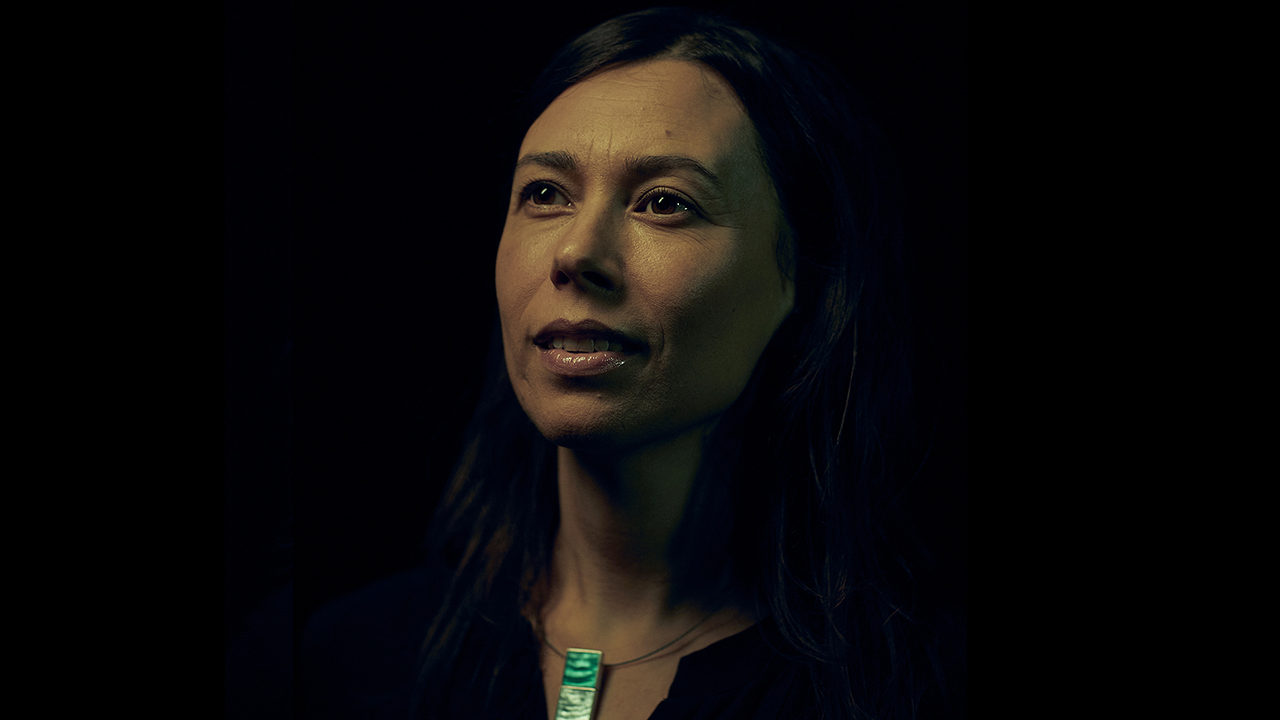Understanding thought leadership at UNSW

Public demand for trustworthy leadership and expertise is greater than ever, despite the abundance of ideas and personalities new media brings to our fingertips.
UNSW is reclaiming thought leadership from the world of slick corporate messaging, turning attention to the importance of thinking and evidence in leading change. As a university, we balance deep knowledge, critical thought, and public engagement in ways that few other institutions can.
The best leaders are not necessarily identified by their seniority, the size of their team, their publication record or their number of Twitter followers. Real thought leaders are not the products of marketing spin. Instead, they defy the constraints of agendas, politics, allegiances or fashion. They inspire and earn support from audiences beyond their own field or organisation by the quality of their ideas and the intelligent ways in which they articulate them. The persuaders, provocateurs, innovators, optimists, storytellers and disrupters among us should feel at home, and valued, at UNSW.
UNSW’s 2025 Strategy includes a strong commitment to thought leadership. Rather than stating a fixed definition, UNSW has adopted a working understanding of what it wants to achieve from its thought leadership efforts – both as an institution and from its scholars. This understanding is sufficiently inclusive to recognise the many ways UNSW and its people do, and might conceivably, lead via thought. The working understanding of thought leadership at UNSW is considered to be:
Leadership in the public interest, based on critical thinking and evidence-based thought.
Thought leadership, at UNSW thus has the following elements and components:
- is in the public interest;
- is animated by critical thinking and/or the best evidence-based methods;
- can take a number of different forms, including:
i) persuading others that there are new ways of thinking about an issue, problem or challenge, and that these ways are superior, preferable or more accurate than existing approaches or practices.
ii) promoting an idea embodying the most effective, efficient, timely, or principled approach to an important issue, challenge or problem.
iii) encouraging, exhorting or inspiring others to think differently about important issues or problems.



